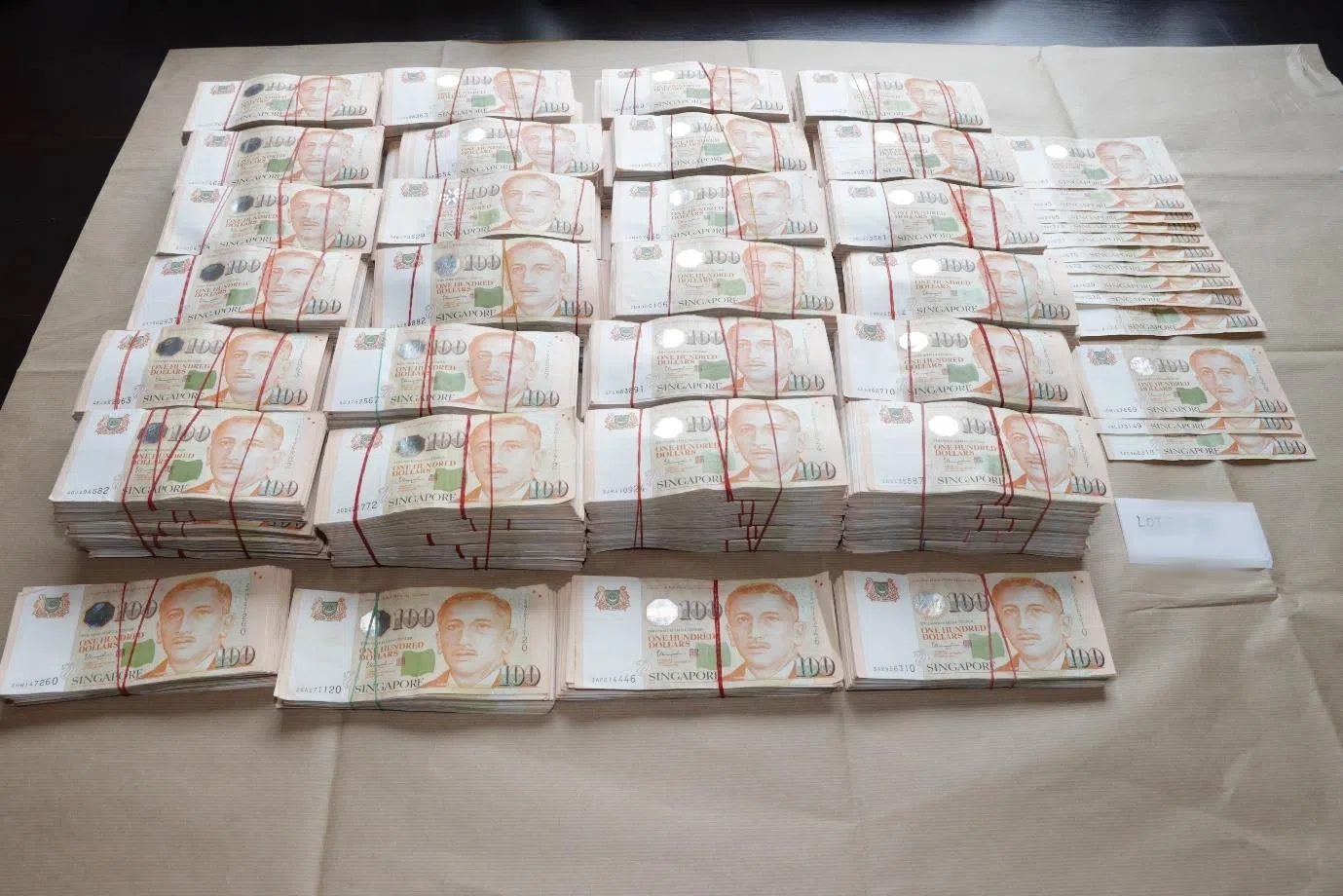Singapore moves to boost law to hunt and prosecute money launderers
THE government is looking to amend laws to give more power to law enforcement agencies pursuing offenders involved in money laundering, said Home Affairs Minister K Shanmugam on Wednesday (May 8).
The proposed amendments would also let regulators have access to suspicious transaction reports filed by entities under their purview to better detect money laundering activities.
Shanmugam said, in response to a parliamentary question from Non-Constituency Member of Parliament Leong Mun Wai, that cases of money laundering are very difficult to uncover.
Leong had asked whether the sentences for money laundering offences are enough of a deterrent, and if the government would be looking to strengthen the sentencing regime.
Over the last month or so, the trials of the 10 foreign nationals embroiled in the S$3 billion money laundering scandal have begun in Singapore courts.
“There are not many cases as big as the S$3 billion money laundering case, which was the result of extensive intelligence probes, and painstaking piecing together of disparate types of information. This is not because there are no such monies being laundered in other jurisdictions. Rather, criminals hide their tracks very carefully,” said Shanmugam.
GET BT IN YOUR INBOX DAILY
Start and end each day with the latest news stories and analyses delivered straight to your inbox.
He added that the sentences meted out to the individuals involved in the case have been comparable to those in other jurisdictions. Like other foreigners convicted of serious offences in Singapore, these offenders will be deported after serving their sentence and will be banned from re-entering the country, he said.
One of the 10 involved in the case, Chen Qingyuan, indicated on Wednesday that he intends to plead guilty. He is the seventh person to do so. Meanwhile, Vang Shuiming is set to plead guilty next week.
Five others – Su Wenqiang, Su Haijin, Su Baolin, Wang Baosen and Zhang Ruijin – have been sentenced to between 13 and 15 months’ jail. Two of the five – Su Wenqiang and Wang – have also been deported to Cambodia.
Three others – Lin Baoying, Wang Dehai and Su Jianfeng – are currently in remand.
Under the current legislation, money laundering offences can result in fines ranging from S$150,000 to S$500,000, and jail terms ranging from three to 10 years.
Shanmugam said this is similar to the penalties for other serious offences like cheating and forgery, and it is also comparable to the sentencing regimes in other jurisdictions such as Japan, Switzerland, New Zealand, Germany and France.
The courts will consider factors such as the amount of money laundered, the length of the offending conduct, and the culpability of the accused person, as well as other mitigating factors before imposing the appropriate penalties.
For the five who have already been sentenced in the case, Shanmugam said the courts would likely have taken their relatively early plea of guilt and their agreement to forfeit their funds to the state into consideration in their sentencing. This is because it has saved public resources by avoiding long-drawn court processes.

